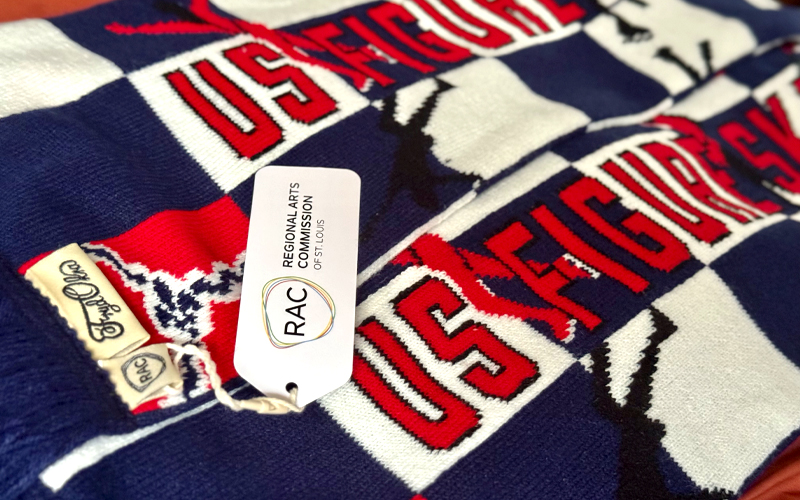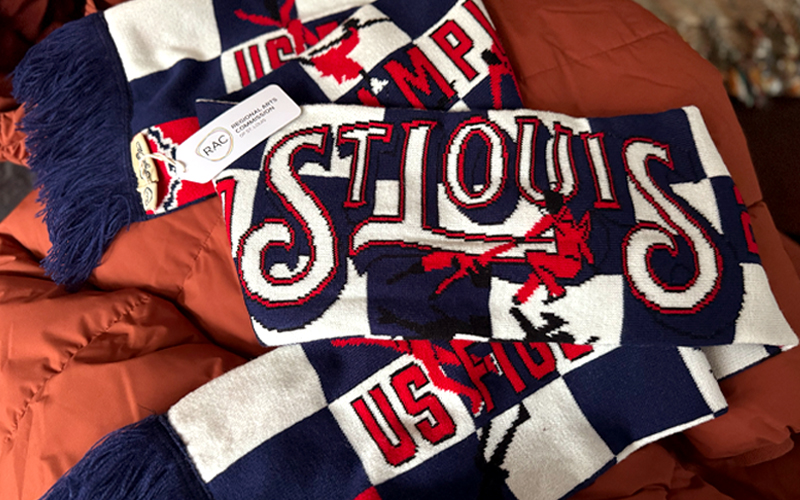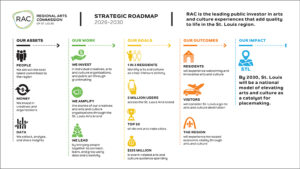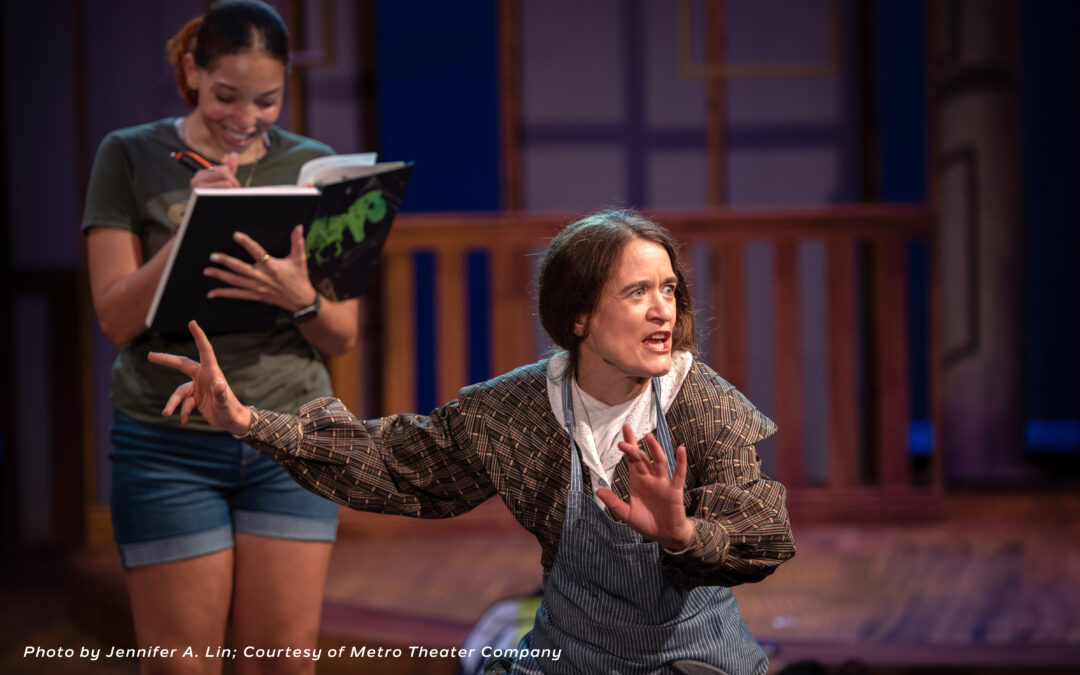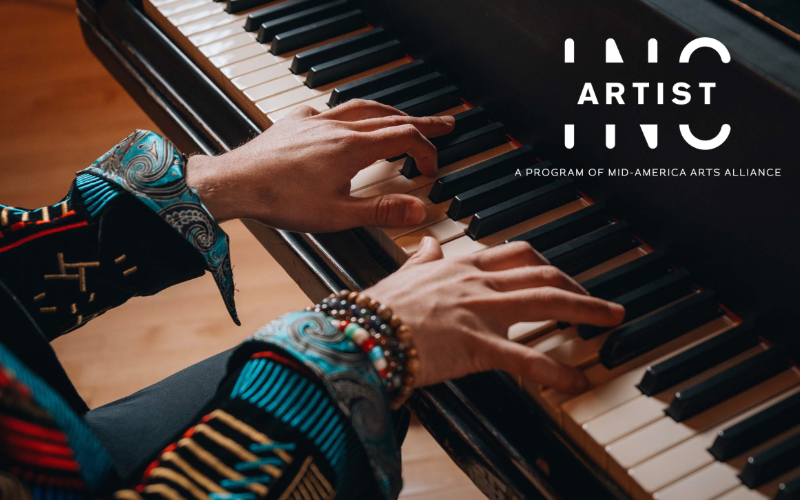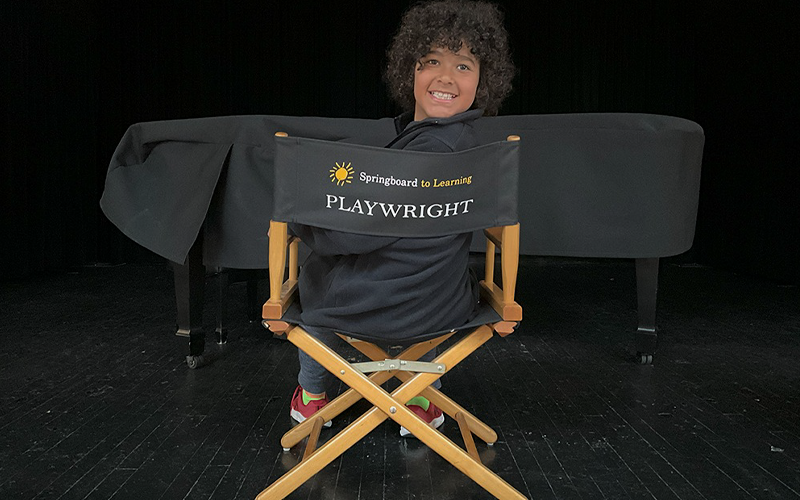Featured Image Springboard to Learning
By Kallie Cox
As the Regional Arts Commission of St. Louis celebrates its 40th anniversary, the organization has been highlighting a few longtime grantees that work to make the region a hub of creativity.
These grantees have included well-known staples of the St. Louis arts community, including The Black Rep, The St. Louis Symphony Orchestral, Opera Theatre of St. Louis, and others. However, there is more to RAC’s legacy of funding the arts, and among the 7,300 grants it has awarded are integral organizations working behind the scenes to support artists in attaining and maintaining thriving careers.
Better Family Life, Springboard to Learning, and Volunteer Lawyers and Accountants for the Arts are three organizations offering guidance, advice, and administrative assistance to local artists.
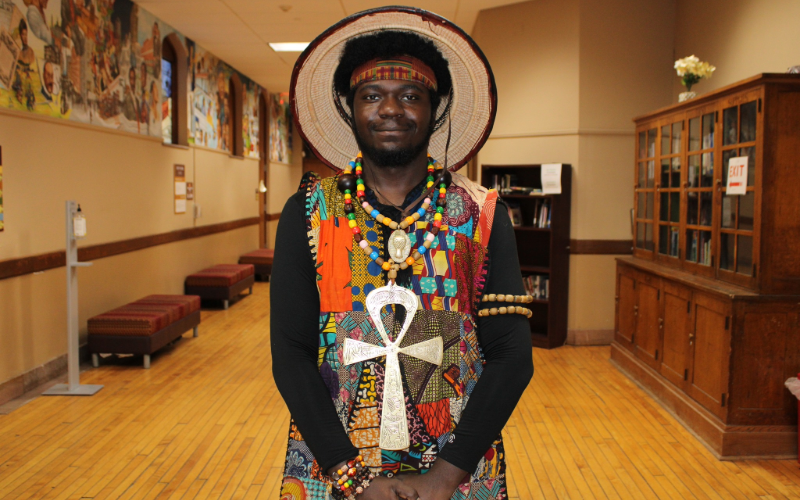
Image courtesy of Better Family Life
Better Family Life
Founded in 1983, Better Family Life has worked with RAC for the majority of its existence. The organization is a non-profit dedicated to stabilizing St. Louis neighborhoods and families while also providing programming and opportunities to showcase the cultural and artistic traditions of Afrika, the Caribbean, and the Americas.
DeBorah D. Ahmed — who co-founded the organization with her husband Malik Ahmed — said they moved to the area in 1982 and had the idea to create Better Family Life before they even knew what to name the organization.
“My husband and I saw a need in St Louis to make some sustainable improvements in the African American community,” Ahmed said. “We wanted to do our part to make those improvements that would start first with families, then extend that out to blocks, communities and the whole city and eventually the nation.”
Better Family Life offers a career readiness program to train artists on how to make their passion a career, hosts classes on West Afrikan dance, organizes a National Black Dance Festival, and boasts the largest Black history mural in the state of Missouri.
The organization also offers more holistic support for the entire community.
“We have consistently cleaned up communities by getting partners who can remove buildings that are crumbling in on themselves and then cleaning up the land afterward. We have renovated homes, we’ve created a myriad of educational programs,” Ahmed said. “We’ve published books and magazines.”
The first grant Better Family Life received from RAC was for its annual Black Dance Festival — a showcase of Afrikan and Afrikan-inspired dance techniques. This festival, which began in 1985, led to the creation of the Black Dance Research Library, which contains hundreds of hours of footage from performances, lectures, classes, and interviews.
“RAC has supported Black Dance USA every year that we’ve done it. And then there have been other programs that RAC has supported during its history,” Ahmed said
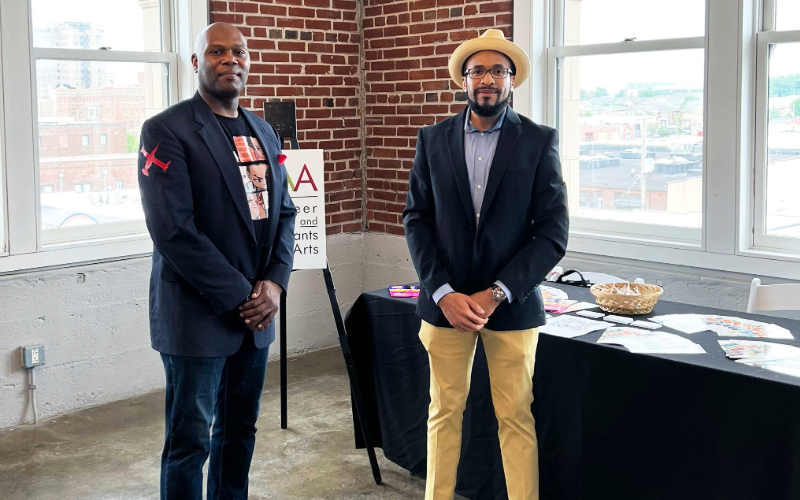
Image courtesy of Volunteer Lawyers and Accountants
Volunteer Lawyers and Accountants
Sue Greenberg, executive director for Volunteer Lawyers and Accountants for the Arts, says the organization offers low or no cost legal and accounting support for St. Louis-area artists.
“We run educational programs for the arts community with the purpose of maybe helping folks avoid a problem or learn more about running their nonprofit or their creative business to be more successful,” Greenberg said.
VLAA was formed in the 1980s around the same time as RAC. In 1986, RAC’s leadership heard about VLAA and wanted to make the program more robust, Greenberg said. The partnership has been mutually beneficial and has only grown stronger over the years.
In addition to increasing grant support as the VLAA program grew, RAC gave Greenberg a desk and a phone in their former office, which was invaluable in aiding collaboration between the two groups, she said.
Last fiscal year, the organization managed 189 requests for assistance. Of those cases, 41 cases were accounting, 148 were legal, and one was mediation, Greenberg said. These included 101 individual artists or small creative businesses and 88 nonprofits.
“Without the Regional Arts Commission, we would be nowhere. They have been a steady friend and supporter,” Greenberg said. “We’re just so grateful to have the partnership with RAC.”
Springboard to Learning
Springboard to Learning is the region’s leading provider of arts education in schools, Lauren Wiser, the organization’s director of communications said.
“We employ teaching artists that are professional dancers, musicians, actors, visual artists, and they go into classrooms and work with the teachers to integrate arts into the curriculum,” Wiser said. “We come in and we show the teacher ways to teach science through music or math through music so we’re really all about arts integration.”
Springboard celebrates its 60th anniversary in St. Louis in July and serves approximately 30,000 students and educators each year in 100 schools and venues, Wiser said.
“It helps students tap into their creative sides. Students that are struggling to understand something, or students that really don’t pick up something really fast, this can be a different way for them to learn. I also think one of the biggest benefits of Springboard that I see is just bringing joy and engagement into the classroom,” Wiser said. “I would say, especially after COVID, classrooms can sort of feel joyless at times, classrooms and kids are having real trouble engaging, and there’s so many demands on their attention, and a springboard program is built to be incredibly engaging and to bring back that joy into the classroom.”
RAC and Springboard have a close working relationship especially with the organization’s Teaching Arts Institute and canvas project, Wiser said.
“We’ve always had an amazing relationship with the Regional Arts Commission. They’ve always been so supportive of what we do, and I think they’re really important for the whole city to boost art in this way, and not just, you know, art for art’s sake, which is really, really important, but also arts education and teaching kids using art,” Wiser said. “ I don’t know what the art scene in St. Louis would be without them.”

